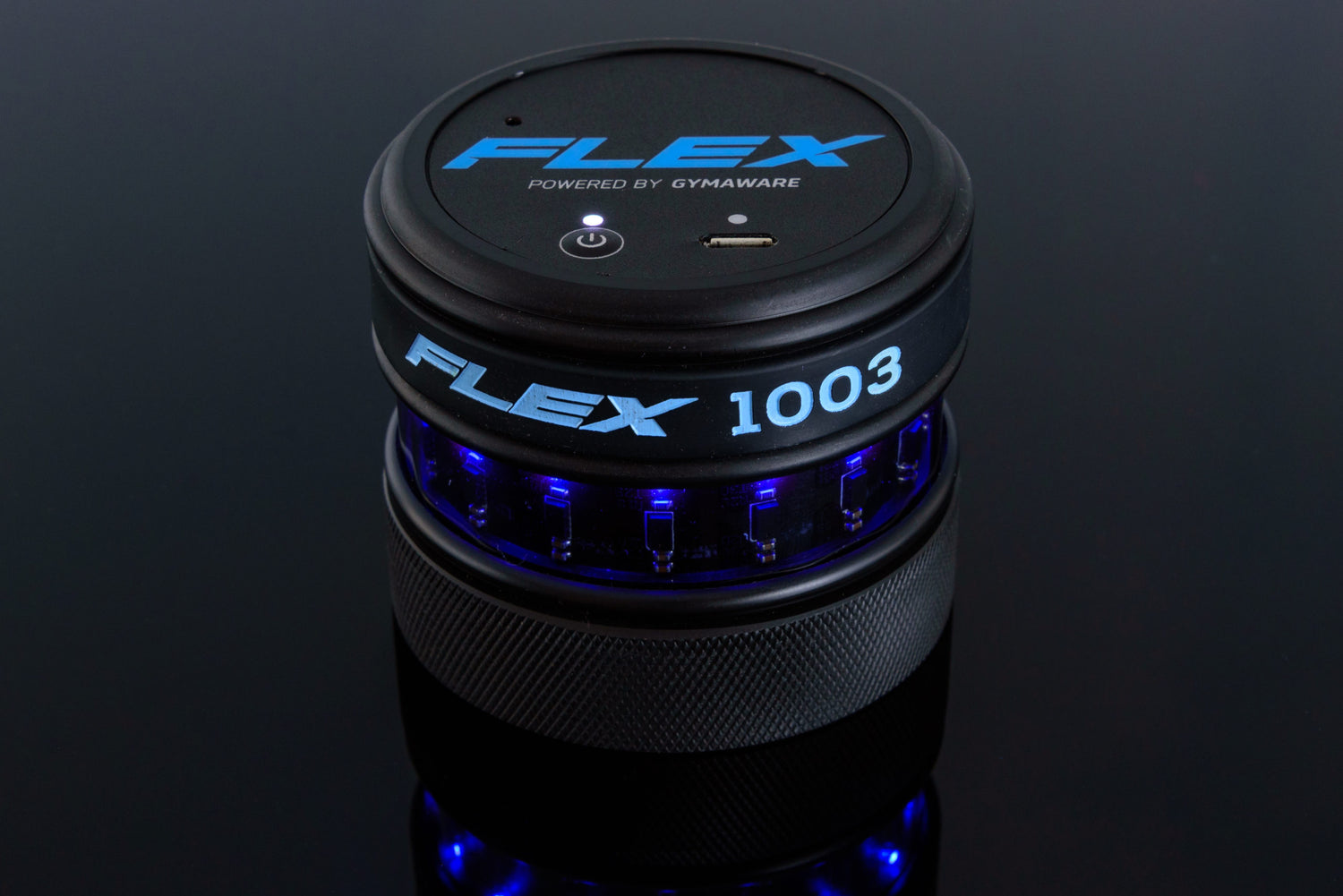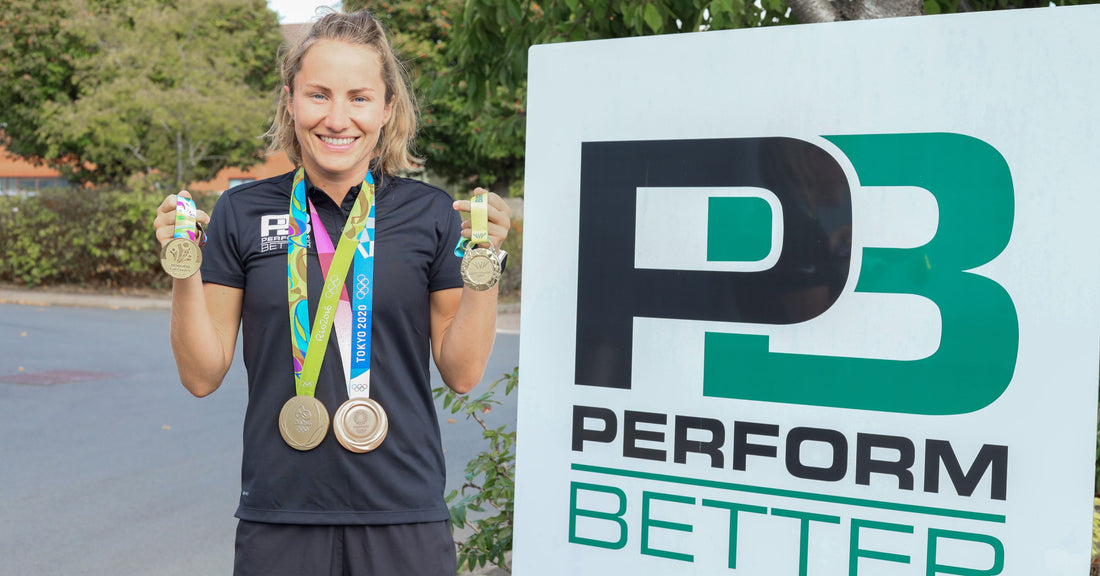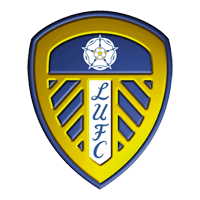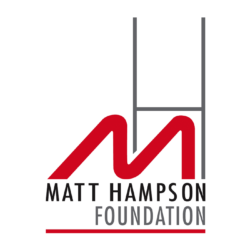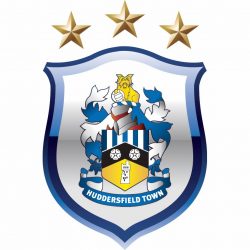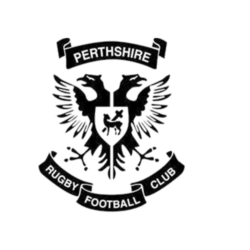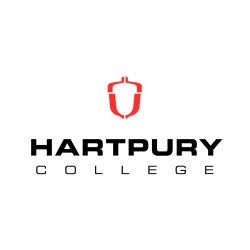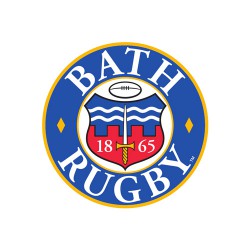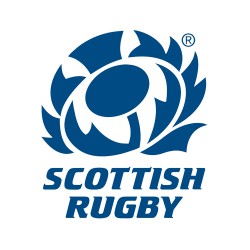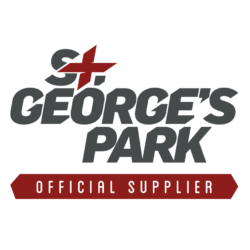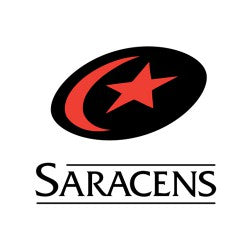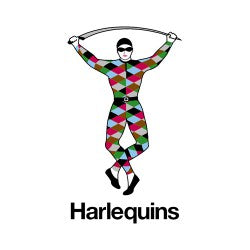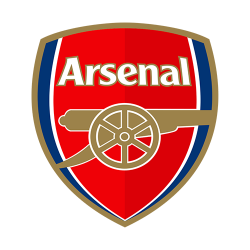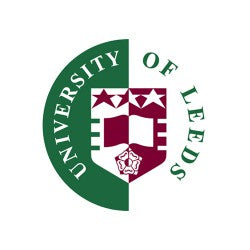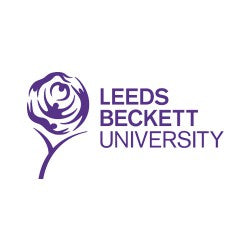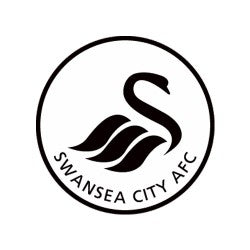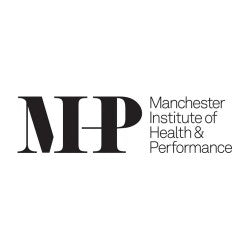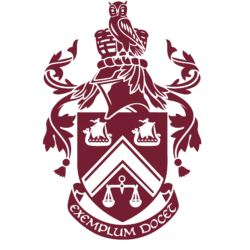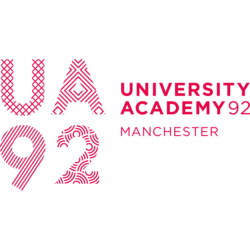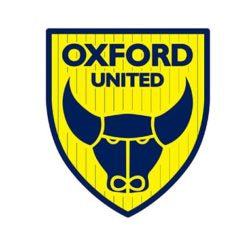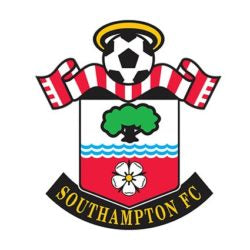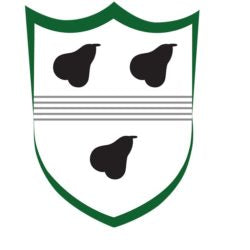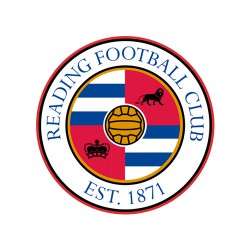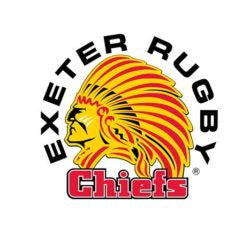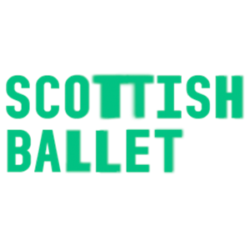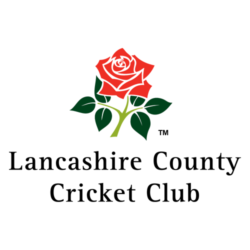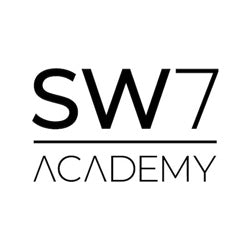We sat down with Olympic Hockey Gold Medallist and Perform Better’s very own ambassador, Shona McCallin MBE, to get the lowdown on what it’s like to work with us, her elite training programme, and her personal journey into becoming a professional hockey player.
So let’s get straight into it!

What is it like to work with Perform Better?
One of the key things about being an international athlete is the recovery side of things. So, over the last few years I've been using a complex to help with recovery. We've got the massage guns which are super easy to use because if I'm honest, I know that I should probably do more stretching but I can get a bit lazy and it’s an easy way just to help me recover while watching some trash TV!
I realised very early on in my career the importance of making sure my body was ready for training and so a real staple in my training prep and general body maintenance is the strength fans and the mini bands - I always take them away with me when I go travelling.
How did you first get into hockey?
I was six years old! I had tons of energy and Mum just sent me off to take every single sport. I did gymnastics, swimming, running, football, tennis, and hockey. I vividly remember, session started exactly at 9:00 and if you were late, then you had to run, and as a little 6-7-year-old that just filled me with fear!
I just remember making the most of it when I was there - meeting new people, learning new skills, and having a lot of fun and ended up sticking with it. I stayed at the same club until I was 13 when I moved to a bigger club in Nottingham. So that's kind of where I started my journey. What I think it's important to note is that I didn't specialize in hockey, really, until I was about 14 years old. I genuinely believe that whenever I go into schools and speak to kids about sports, the diversity of those sports and the skills that they taught me, certainly helped me be a better well-rounded athlete and a better hockey player at that age.
When did you decide to specialise in hockey?
I specialised probably when I was 14 and that was the age where you could start to play in the adult leagues. At the time, I was balancing football and hockey at quite a high level. So sometimes I played two matches on a Saturday and also trained all day on a Sunday which is obviously not sustainable long-term, both from an athletic load management perspective and as teenager who needs to have a social life.
I found that I wasn't able to give 100% to both sports and it wasn't conducive. So I decided to stop playing football and just go down the hockey route.
Why did you choose hockey?
I think it came from the time pressure! If I was playing football, I was only able to play 70% of the matches which didn't feel, right? So that was kind of the main driver, it was time pressure and not being able to do both sports as much as I wanted to, which is a shame.
Lots of hockey players juggled two sports for as long as they could and then obviously chose the hockey route, so I definitely think there's something in not specialising too early and doing a variety of sports growing up.
How does a training week look like?
We have GB training on a Monday and Tuesday which involves a gym session and a hockey session.
Wednesday is our active recovery day and we don't need to go into training. Lots of the girls are very career-focused so will use that day to work, students will often catch up on work, and others will go and do some coaching. On Wednesday evenings, most people will train for their clubs, so that'll be a two-hour session.
On Thursday we'll have a complete rest day but we will have remote meetings.
Friday is another gym and hockey session and then into the weekend, people play their Club hockey. Sunday is reset, rest and then we go again on Monday.
We will tend to do that in three weeks blocks. After that, we'll have a week of deload where you still have to train, but the load will be a lot lower and you can train wherever you want.
How did you train as a teenager?
Until I was about 16 years old, I only trained hocke one evening a week, and then I would play a match on a Saturday. When I was 17 and 18, I started playing at school more and we would train most days. This was 12 years ago and science has changed a lot now; that school now does strength and conditioning for their hockey players - I didn't have to do that growing up. I remember going on runs as well, whether that be a five-mile run or some hill sprints or doing some extra acceleration, speed and agility work, to make sure that I was the fastest hockey player, I could be.
How has sports science impacted you career?
From when I was 18 to now when I'm 30, it has developed so much. When I was coming through the age groups, with the England under-16s and under-18s, it was there but it was quite low level. We had core stability exercises, and speed and agility sessions but that was probably the extent of it.
Nowadays I'm in the gym two to three times a week. I fully understand and appreciate the importance of doing gym work. Not necessarily to be the strongest that I can be because that's not conducive to my performance as a hockey player. What I mean by that is making sure that I don't get injured, and that I'm still maintaining speed and power. So it's complex, especially for an elite athlete.
When we play at the Olympics, we play eight Games over 13 or 14 days which is super heavy on the body. It's all very well being a great hockey player just for one day at training but if that day takes so much out of you that you can't perform the next day, you're no use to a team trying to win a medal at the Olympics.

How was your journey to the Olympics?
I'm lucky enough to have two Olympics under my belt; the first one was Rio and it was my first major tournament as an international hockey player.
I was the second youngest in the squad. Probably, I was the least experienced as well and I remember just taking absolutely everything in and just being a sponge. We ended up winning a gold medal, the first one that GB women had ever won. We joke but the stars just seemed to align that tournament for us!
I certainly don't think it was lucky for us to win that gold medal - we've been very consistent with being in the top major teams and we would win the European gold medal which is arguably just as hard to win as the Olympic gold medal! You definitely do need a little bit of luck, but our victory was definitely not down to luck. We won every single game of that Olympic Games.
We won convincingly, we won ugly.
So only now it really sinks in - I've been an international athlete for nearly 10 years and in the first two years of my International career I won two gold medals and I perhaps thought this was the norm. And now I've gone nearly six years without winning anything before the Tokyo bronze and the Commonwealth Games gold medal, and it just makes me realise how special it was. . coming home - the reaction to that gold medal was insane.
One story that sticks out to me. People always tell me ”Oh, I was here when I was watching the gold medal, I was doing this, I was doing that. My cousin was out in a pub and she persuaded the owner of the pub to change from a football match. There were boo’s and people weren't very happy and then by the end of it, the whole pub was going wild for hockey - like people were on the bar, the chairs, and drinking beer. That's what we want. As hockey players, we want people and the nation to be excited by hockey and to be to really get behind it.
Has the Olympic success changed the popularity of hockey?
Yes! And that's actually one of our aims as a GB Squad is to inspire the future and what that entails is to trying to get as many people playing hockey as possible. We do work really hard on being visible to people and going out to clubs and schools. And that is part of the job.
What really helps is being successful and being visible on TV. Success breeds interest and breeds interest from sponsors or TV rights. Hockey needs to be more visible on free-to-air TV for people to watch it, to showcase what the sport is about, and to get people into it.
We did incredibly well at Rio and I think we needed to ride that wave a little bit more and continue riding it rather than just let it drop off, perhaps six months after the Olympics. So that's something I think I can really get behind and get involved with.
